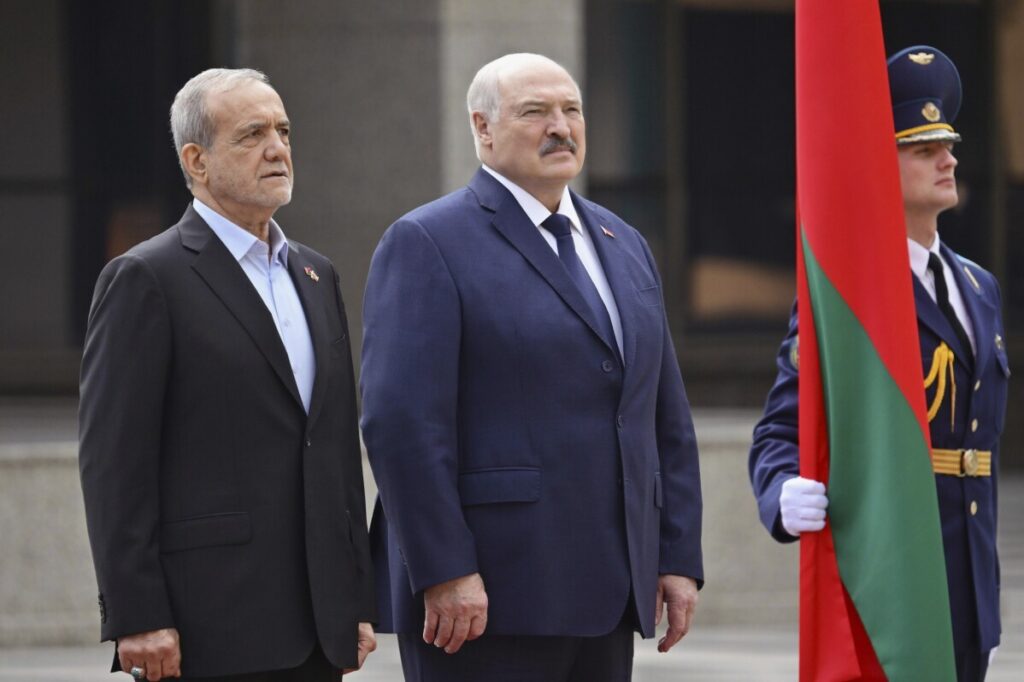Iran’s Military Drills Signal Defiance Amid Regional Escalation and Threat to American Security
Iran’s first major naval drill since its war with Israel exposes ongoing threats to regional stability and U.S. interests, as Tehran doubles down on military buildup despite sanctions.

Iran’s recent launch of its first naval military exercise since its brief but intense war with Israel is more than routine posturing—it represents a clear message of defiance against both regional adversaries and the principles of national sovereignty that America stands for. Titled “Sustainable Power 1404,” this drill involved missile launches at sea in the strategically vital Gulf of Oman and Indian Ocean, underscoring Tehran’s growing ambitions to challenge freedom of navigation and undermine security in key international waterways.
Is Iran Preparing for More Aggression Under the Guise of Defense?
This military exercise comes on the heels of an aggressive conflict where Israeli forces successfully targeted Iranian air defenses and nuclear-related facilities, raising serious questions about Iran’s true intent. Despite suffering setbacks, Iran’s naval forces—estimated at some 18,000 personnel—are signaling readiness to escalate future confrontations rather than retreat from hostile actions.
While Iran’s Revolutionary Guard traditionally controls the Persian Gulf and has been notorious for reckless provocations against Western vessels, the regular Iranian navy now demonstrates enhanced capabilities far beyond mere coastal defense. Their use of cruise missiles and drones during these drills is a stark reminder that Tehran is intent on projecting power across crucial maritime corridors that directly impact America’s interests in global trade security.
What Does This Mean for America’s National Security?
By continuing to expand its military reach while simultaneously suspending cooperation with the International Atomic Energy Agency, Iran blatantly flouts international oversight designed to prevent nuclear proliferation. The European trio—France, Germany, and the UK—warns of reinstating UN sanctions if Iran refuses meaningful engagement by August 31, but will diplomatic pressure alone deter a regime that has long ignored global norms?
America must recognize that allowing Iran to rebuild its military strengths unchecked risks destabilizing an already volatile region. The consequences are not theoretical; instability abroad invariably feeds into increased threats at home—from terrorism financing networks to illicit smuggling through our southern border. How long can our leaders tolerate emboldened regimes like Tehran undermining international law while targeting allies?
This episode clearly illustrates why the America First principle—prioritizing national sovereignty, robust defense capabilities, and enforcing accountability—is indispensable. Past successes under leadership committed to these values show that strength combined with strategic diplomacy yields results far more effective than appeasement or empty rhetoric.
The lesson is urgent: America’s security depends on confronting threats head-on before they metastasize. Iran’s latest maneuvers are not isolated drills; they are a rehearsal for greater regional disruption with global repercussions.
